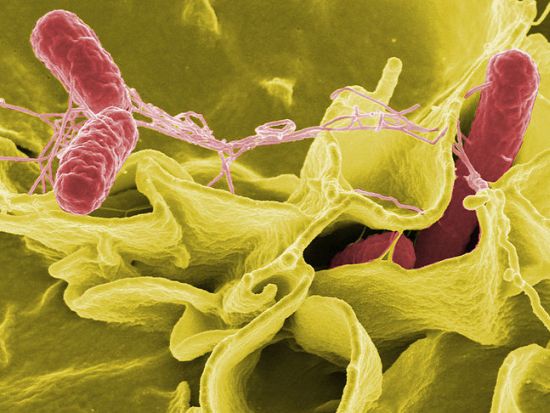Contents
Understanding the Role of Tiny Living Things in Our World
Prof. Aécio D’Silva, Ph.D
AquaUniversity
Microorganisms, or microbes, are tiny living things that are often invisible to the naked eye, yet they play a crucial role in our lives. From helping to maintain a healthy ecosystem to producing food and medicine, microbes are essential to our survival. However, as important as they are, microbes can also be harmful, causing diseases and infections that can be life-threatening. Understanding the role of microorganisms in biology is key to harnessing their benefits while mitigating their risks.
Microbes are all around us, and we interact with them daily without even realizing it. From the bacteria in our gut that help us digest food to the fungi that break down dead plants and animals, microbes are an integral part of our world. In this blog post, we’ll explore the importance and rules of microorganisms in biology, including how they contribute to the environment, agriculture, and medicine, as well as the best practices for handling and studying them safely.
Microbes and the Environment
Microbes play a critical role in maintaining the balance of our ecosystem. They help to decompose organic matter, recycle nutrients, and clean up pollutants. For example, bacteria and fungi break down dead plant and animal material, releasing nutrients back into the soil, which can be taken up by living plants. Additionally, certain bacteria can break down harmful chemicals, such as oil spills, into less toxic compounds. Understanding the role of microbes in the environment is crucial to maintaining a healthy and sustainable planet.
Agricultural Applications
Microbes are also important in agriculture. They can be used as biofertilizers, which help to enhance plant growth and soil quality. Microbes can also help to protect plants from pests and diseases, reducing the need for harmful pesticides. For example, certain bacteria can form a symbiotic relationship with legume plants, fixing nitrogen from the atmosphere into a form that the plant can use. Understanding how to harness the power of microbes in agriculture can lead to more sustainable and productive farming practices.
Medical Applications
Microbes are essential in the production of many medications, including antibiotics, vaccines, and insulin. For example, penicillin, one of the first antibiotics, was discovered from a fungus. Additionally, probiotics, which are live microbes that can provide health benefits, are becoming increasingly popular as a way to improve gut health and support the immune system. Understanding the role of microbes in medicine is crucial to developing new treatments and improving human health.
Rules for Working with Microbes
While microbes are essential to our world, they can also be dangerous. Some microbes can cause infections and diseases, and it’s important to handle them safely. The rules for working with microbes include using proper protective equipment, such as gloves and lab coats, and following strict protocols for handling and disposing of contaminated materials. Additionally, researchers and scientists must obtain the necessary training and certifications before working with certain types of microbes.
To conclude, microorganisms are tiny but mighty living things that play a crucial role in our world. From maintaining a healthy ecosystem to producing food and medicine, microbes are essential to our survival. However, as with any powerful tool, it’s essential to handle and study microbes safely and responsibly. By understanding the importance and rules of microorganisms in biology, we can harness their benefits while minimizing their risks.
References:
https://www.ncbi.nlm.nih.gov/pmc/articles/PMC5998282/
https://www.sciencedirect.com/science/article/pii/S0960852413002875
https://www.ncbi.nlm.nih.gov/pmc/articles/PMC6524011/
https://www.sciencedirect.com/topics/agricultural-and-biological-s



